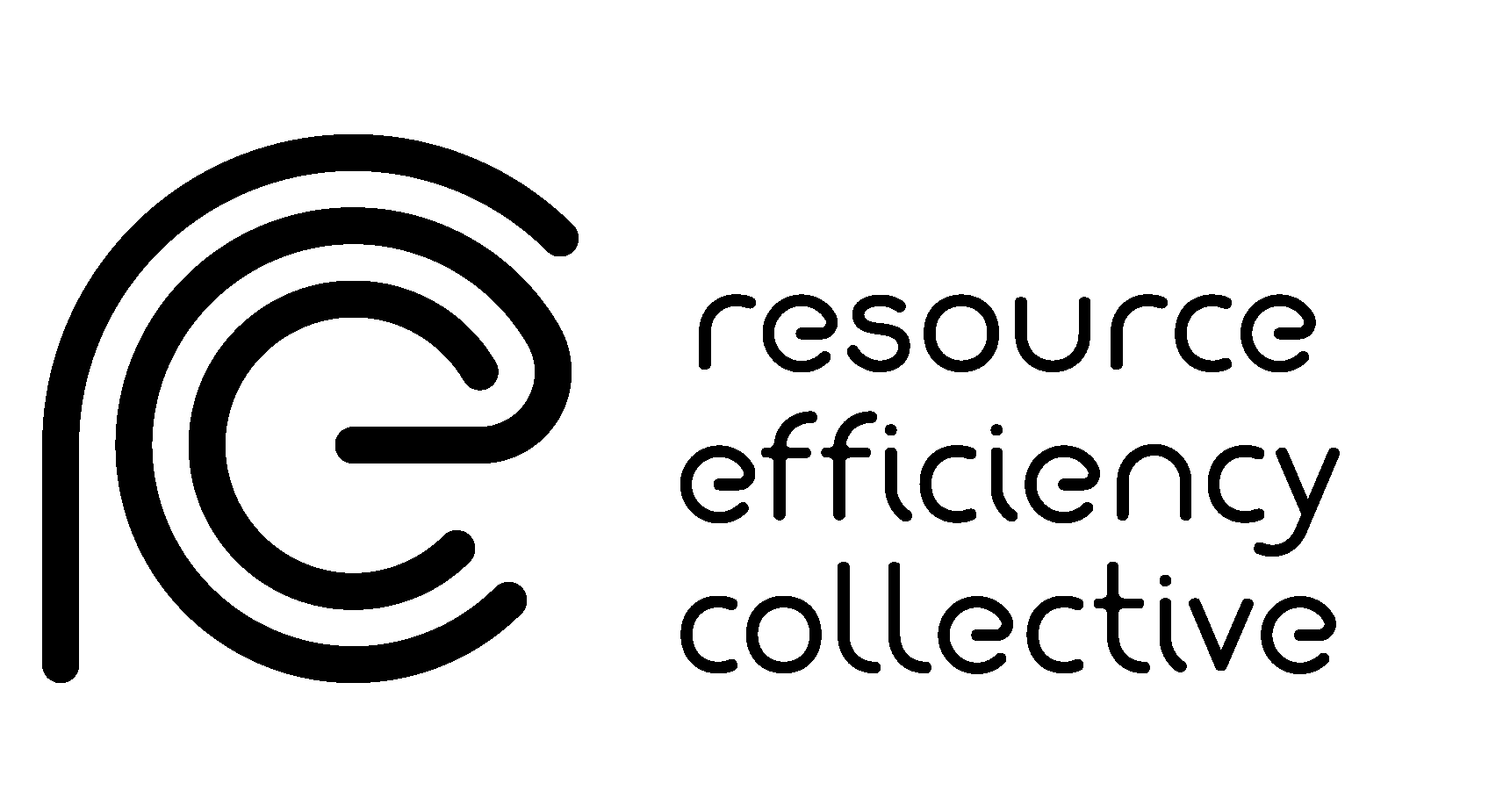A robust framework for estimating theoretical minimum energy requirements for industrial processes
The industrial sector consumes 38 % of all energy produced and is responsible for 47 % of global CO2 emissions, hence decarbonisation of industry is a priority for net-zero aspirations. Improving the energy efficiency of processes is key to the energy transition, and this requires benchmarking between current practices and possible alternative solutions.
In the literature, benchmarking is subject to different methodologies, so direct comparisons between technologies are difficult. This study introduces a standardised framework based on thermodynamic first principles for calculating minimum energy requirements, both theoretical and practical, for any process across any industry. The framework is used to understand the impact of process temperature and feedstock type on energy requirements with a deep dive into ironmaking and ethylene production. By benchmarking current and best practices against theoretical and practical energy minimums, the study underscores the significant potential for energy savings and hence CO2 emissions reduction in industrial processes.
The complex task of setting realistic decarbonisation targets, given real-world constraints, needs a rigorous scientific approach, and this study calls for the use of this standardised method to accelerate the adoption of efficient practices and guide effective industrial decarbonisation strategies.
Read the full paper by Natanael Bolson, Luke Cullen and Jonathan Cullen here.
Photo credit: Patrick Schatz on Unsplash.













